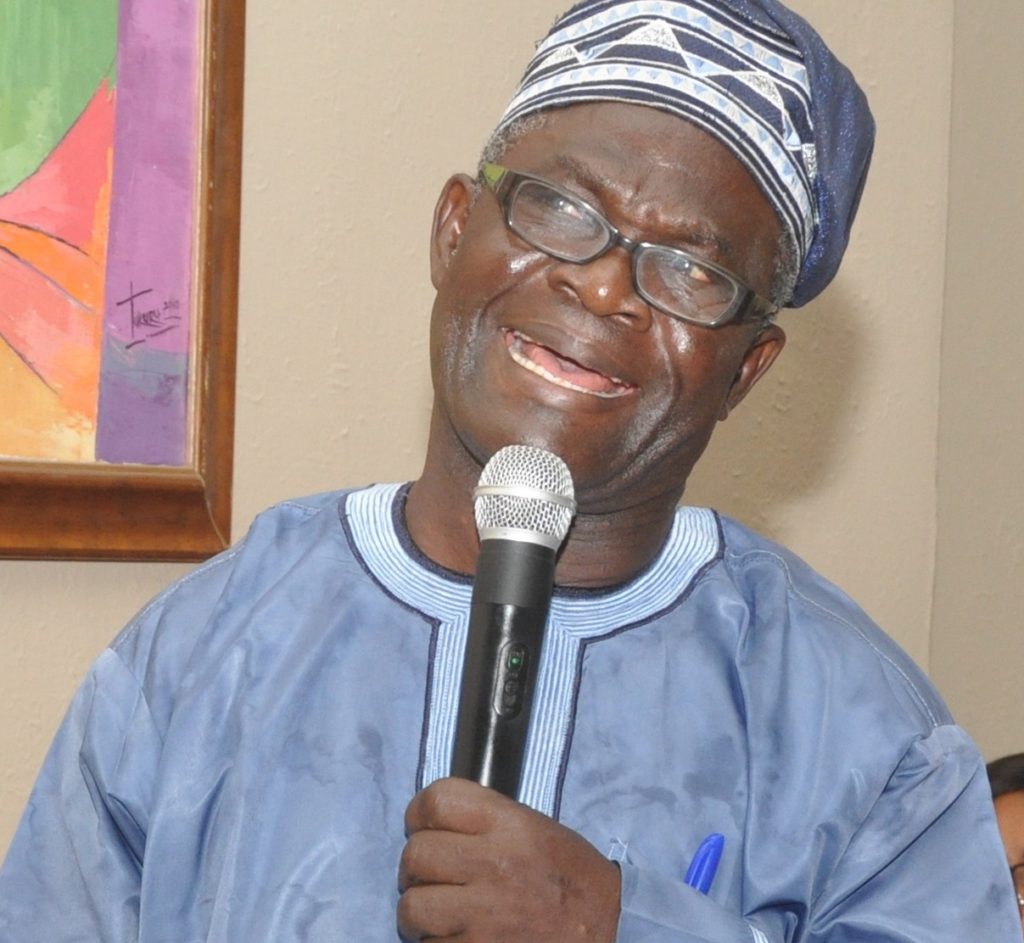
The Association of Maritime Truck Owners (AMATO) has thrown its weight behind the new haulage rate proposed by the Nigerian Shippers’ Council (NSC), saying it will reduce the cost of doing business at the nation’s seaports.
The NSC had presented the new rates to stakeholders at a conference in Lagos recently, saying that the move was to “establish well structured and standardized haulage rates and services for the road transport sector for stakeholders’ business plan and economic decision making”.
Speaking with SHIPS & PORTS DAILY, the Chairman of AMATO, Chief Remi Ogungbemi, said if concerted effort is not made towards reducing the cost of doing business at the ports, occasioned by high cost of cargo clearance and transportation, importers will continue to patronize the ports of neighbouring countries.
“I am in support that we should work towards reducing the cost of doing business in our port by having a standard haulage rate. If we don’t have a standard haulage rate, it means we are going nowhere because it will fall back to the market. Although there are some situations that they say it is the demand that determine the rate but in the case of freight charge, it will be better if we have a standard rate so that every importer will know that if they are coming to pick their cargo, they will know the amount of money they will pay.
“Other African ports are competing with Nigeria, so if we don’t reduce the cost of doing business in our port, there is every tendency that people will prefer to be patronizing ports outside Nigeria. So it is good and better for us to see how we can reduce the cost of doing business in our port to encourage importers that are bringing the goods,” he said.
Chief Ogungbemi said the Nigerian Shippers’ Council is also working towards regulating the cost of truck parts including tyres and lubricants among others as part of efforts towards attaining standardization of transport charges in the country.
On the proposed electronic truck call-up system being championed by the Nigerian Ports Authority (NPA), Ogunbemi said, “That is what I see as the only solution to the problems we have been having on the gridlock. Although the present task team has made some improvement, but it is not the solution because we have had series of task force, but sustaining their achievement is always the issue. There must be a system to regulate the movement of trucks so that all the trucks will not just be coming (into the port) at the same time.”